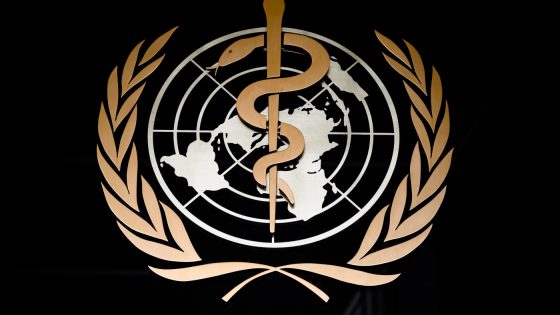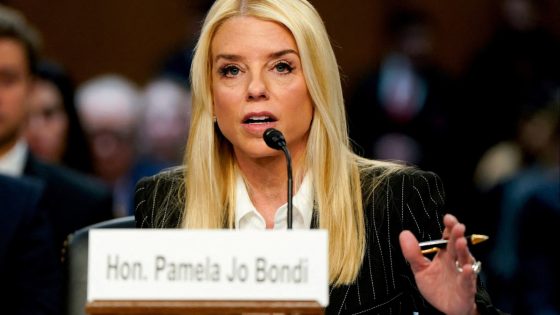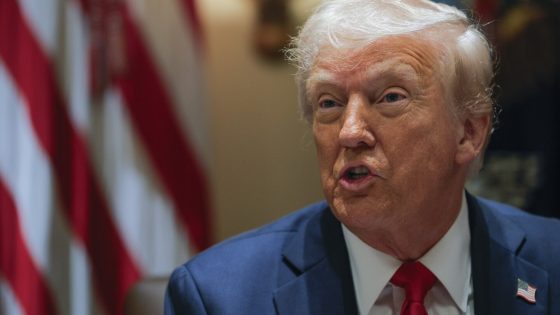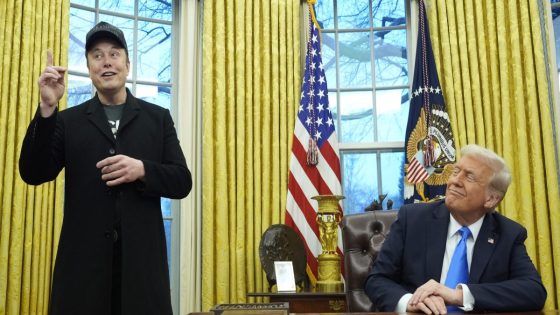On January 23, 2025, former President Donald Trump reiterated his claim that the united states pays an “unfair” share of dues to the World Health Organization (WHO). This statement comes amid ongoing discussions about the U.S. withdrawal from the WHO, which Trump announced previously, citing concerns over funding and management.
- Trump's claim about WHO dues assessed
- US withdrawal from WHO announced by Trump
- Consequences of withdrawing from the WHO
- WHO's response to US withdrawal announcement
- Impact of America's departure on global health
The context of Trump’s remarks is rooted in his administration’s criticism of international organizations and their funding structures. The U.S. has historically been one of the largest contributors to the WHO’s budget, accounting for approximately 15% of its total funding. Critics argue that withdrawing could undermine global health efforts, especially during pandemics.
Key details include:
- The U.S. contributes around $400 million annually to the WHO.
- Trump’s administration accused the organization of mismanagement and favoring China.
- Experts warn that a U.S. exit could lead to reduced resources for global health initiatives.
The implications of this decision extend beyond financial contributions; it may affect international cooperation on health issues such as disease outbreaks and vaccination programs. The WHO has expressed concern about potential gaps in leadership and support if major countries withdraw their backing.
This situation highlights ongoing debates over international funding responsibilities and national interests in global health governance. As discussions continue, stakeholders are urged to consider both immediate impacts and long-term consequences for public health worldwide.

































